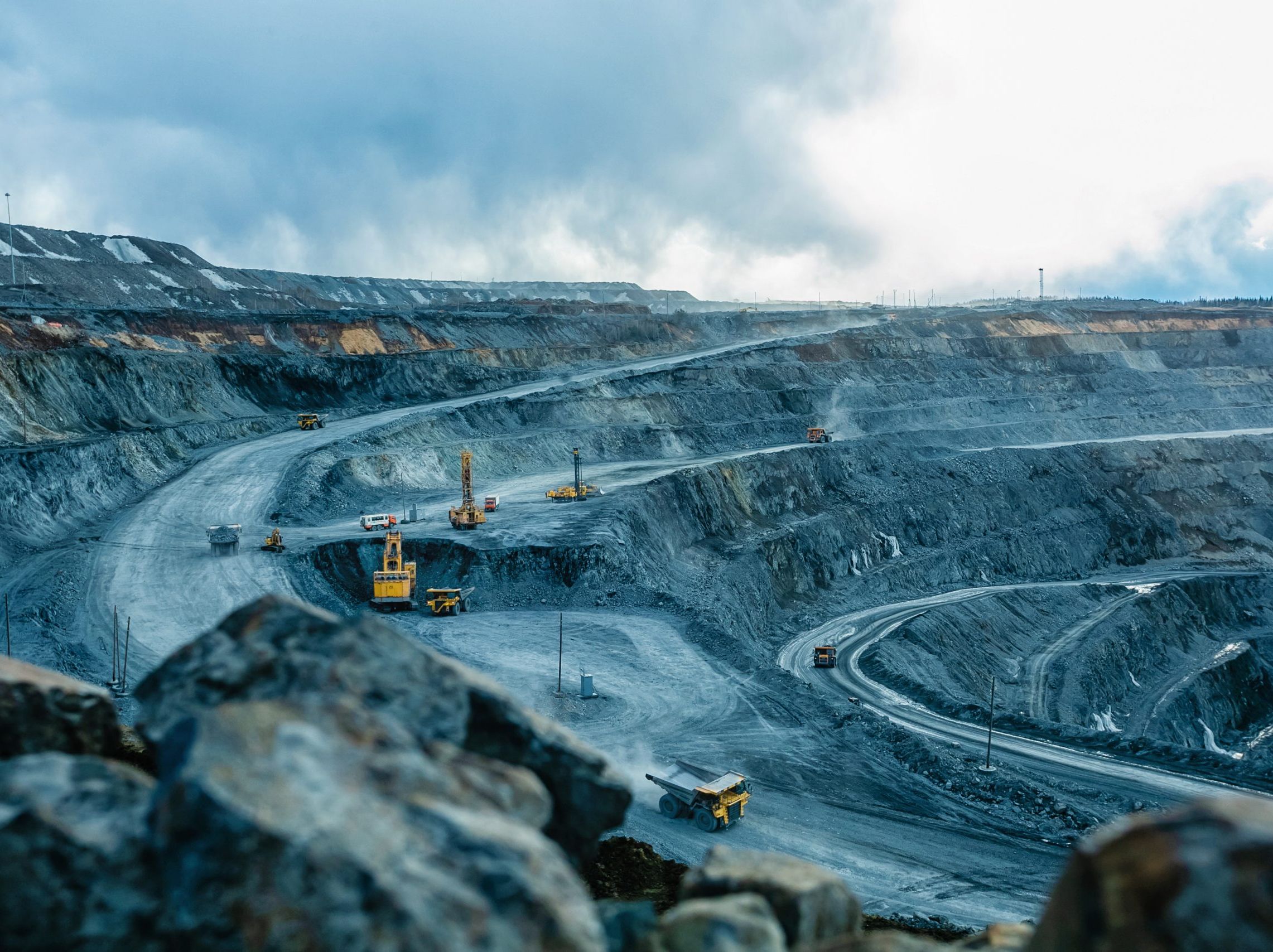
Republika Srpska (Bosnia & Herzegovina) relaxes conditions for geological explorations
The amendments to the Geological Research Act of Republika Srpska, sub-sovereign entity within Bosnia & Herzegovina, took effect on 24 July 2024.
This Act regulates the conditions for exploration of mineral and other geological resources. The amendments aim at creating an encouraging legal framework for investment in geological research projects in Republika Srpska.
Environmental impact assessment is no longer required
Before the amendments, investor applying for a permit to conduct a detailed geological exploration had to obtain from the Ministry of Spatial Planning, Construction and Environment an opinion on whether an environmental impact assessment was required before the permit could be issued. The amendments do away with this requirement except in respect of detailed geological exploration of geothermal energy or deep well water supply. For other types of geological exploration, no environmental impact assessment is required for exploration.
Local government approval is no longer required
The amendments have curtailed the role of local governments in geological exploration projects. The consent of the local municipality to a detailed geological exploration project is no longer required. The role of the local municipality is reduced to the issuance of information on the status of the proposed exploration area according to the relevant municipal spatial plan.
Property rights
Before the amendments, investor had to secure property rights on the exploration field as a condition to obtaining exploration permit. As a result of the amendments, one can get an exploration permit without having adequate property right on the exploration field. However, investor has to secure property right before commencing exploration works.
Modifications to approved exploration projects
If the investor intends to change the type or scope of approved exploration works for more than 25%, they must update the project and obtain a new approval from the Ministry of Energy and Mining before proceeding with exploration.
Retaining exploration area rights
No later than 60 days before the expiry of the exploration permit, the permit holder can request to retain the rights to the exploration area for the purpose of preparing a bid for a concession or finalizing the report on a reserves. The request for retention of the rights must be accompanied with a detailed activity plan, proof of no outstanding fees, and a final audit report. The Ministry may grant the retention for a period of up to two years for metal minerals and up to three months for other types of mineral resources. The retention once granted cannot be extended further.
New thresholds on mineral testing quantities
The amendments increase permitted quantities of mineral resources that can be taken for technological testing as part of geological exploration to determine technological characteristics and prove the existence of mineral resource reserves, as follows:
- quartz sand: 10 m³;
- ceramic and refractory clays: 20 m³;
- architectural and construction stone: 20 m³;
- clay, clayey limestone, gypsum, and tuffs for cement and lime: 500 m³;
- phosphates, magnesites, and non-metallic minerals: up to 500 t;
- coal and oil shale: up to 500 t;
- metallic minerals: up to 2,000 t per type.


